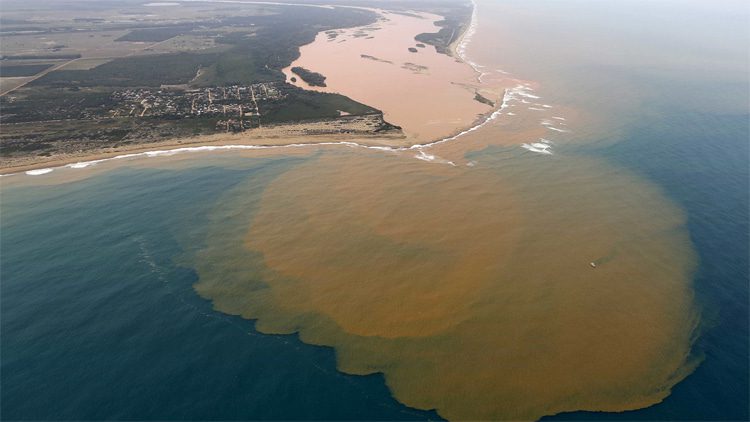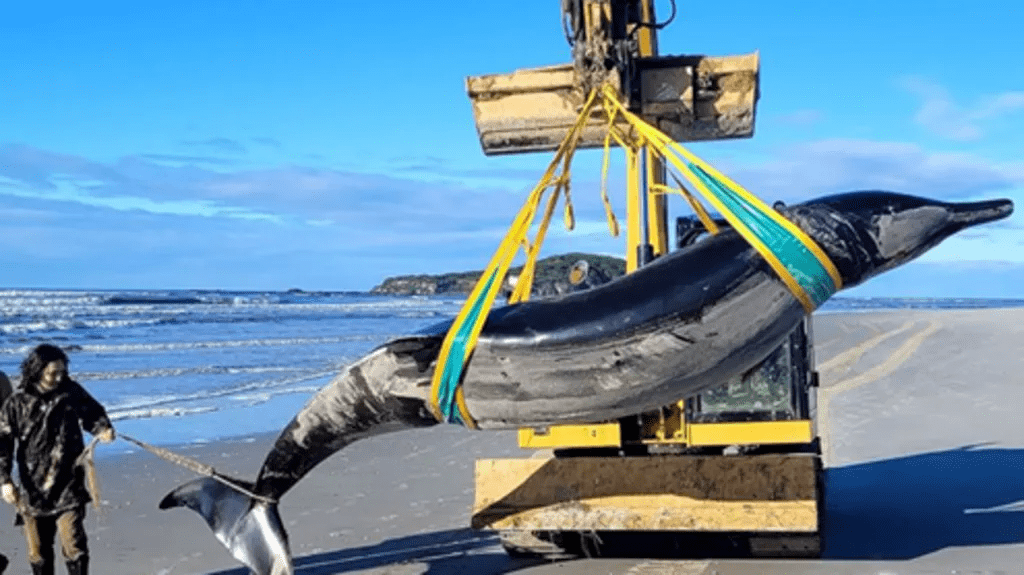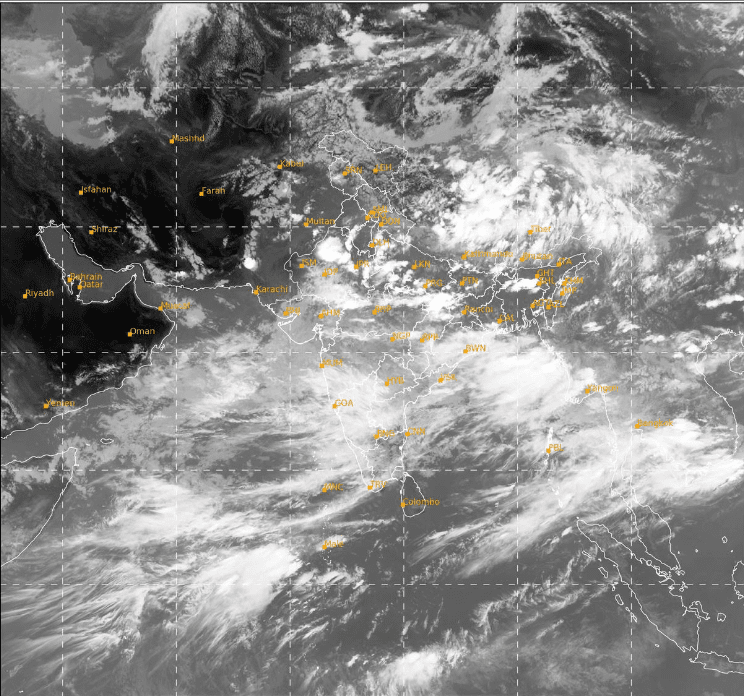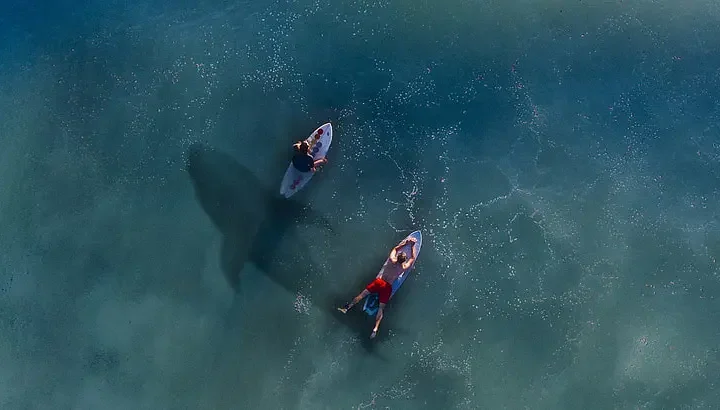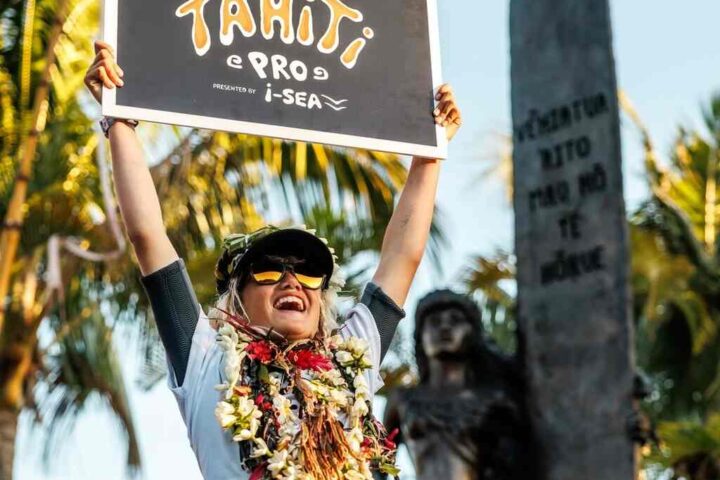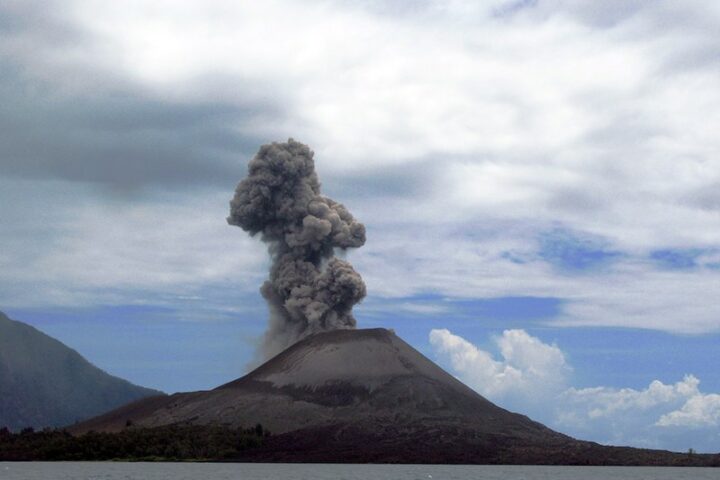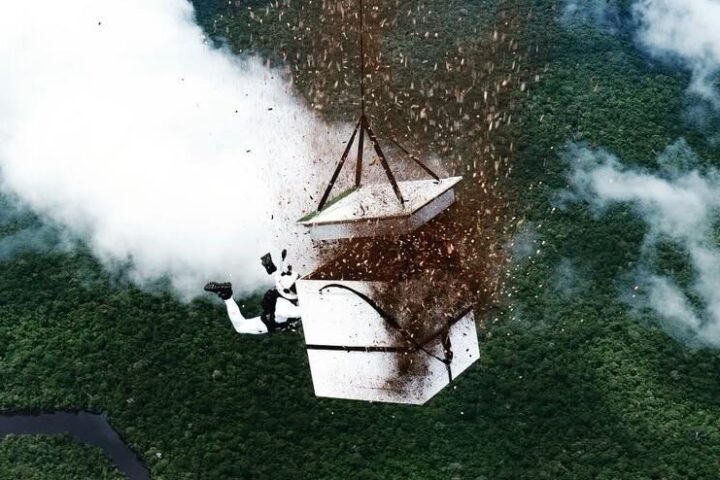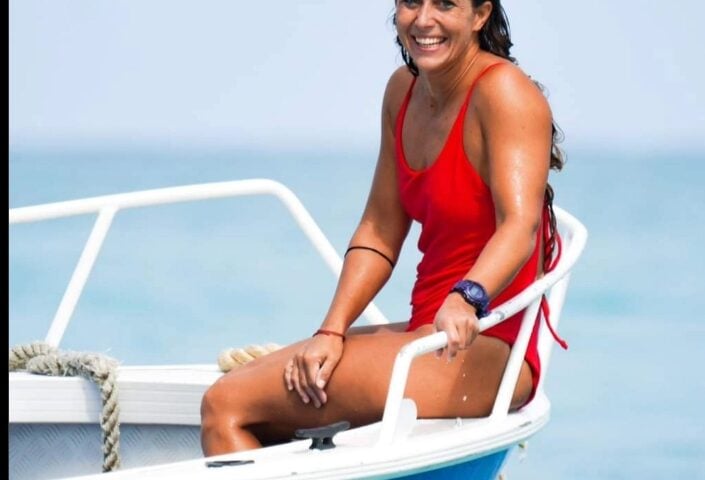More than 35 countries around the world—including Ecuador, Brazil, Panama, and other Latin American countries—have recognized in their legal systems, in one way or another, the existence of the so-called “Rights of Nature,” according to figures from the Earth Law Center. This means that nature has specific rights, such as the right to exist, to develop, and to be restored in case of damage. Headlines about the legal recognition of ecosystems or elements of certain ecosystems are multiplying today, the result of a decades-long process. Organizations like the Global Alliance for the Rights of Nature mark the first milestone of this costly journey in 1972, with the publication of a seminal article in a California academic journal describing how, under the legislation of the time, nature was considered devoid of rights that could be defended.
Since then, the Rights of Nature have become a legal instrument “wholly or partly, i.e. ecosystems or species, to have inherent rights and legally should have the same protection as people and corporations; that ecosystems and species have legal rights to exist, thrive and regenerate,” explains the Intergovernmental Science-Policy Platform on Biodiversity and Ecosystem Services (IPBES). It is no longer about protecting the environment for the benefits to humans, which would respond to an anthropocentric notion, but about protecting it for its intrinsic value, which responds to an “ecocentric paradigm,” in the words of IPBES. As the Earth Law Center explains, “the recognition of the Rights of Nature implies a paradigm shift in which natural entities such as rivers, forests, and seas cease to be objects of exploitation and are recognized as subjects of legal protection, which can invoke their own legal interests through their legal representatives, independent of the benefits they provide to humanity.”
The recognition of the Rights of Nature exists today in different countries, with varying legal instruments and degrees of scope: it can range from local government provisions for a specific element to constitutional rights. In this sense, Ecuador became the first country in the world in 2008 to recognize in its Constitution nature as a subject of rights. “Nature, or Pacha Mama, where life is reproduced and occurs, has the right to integral respect for its existence and for the maintenance and regeneration of its life cycles, structure, functions and evolutionary processes,” begins Article 71 of the Constitution, which goes on to say that “All persons, communities, peoples and nations can call upon public authorities to enforce the rights of nature. To enforce and interpret these rights, the principles set forth in the Constitution shall be observed, as appropriate.” Numerous cases have been fought in court since this constitutional recognition. Four years later, in 2012, Bolivia’s “Framework Law on Mother Earth and Integral Development for Living Well” came into force, which, recognizing the rights of nature, emphasizes a concept of living well in “harmony and balance with Mother Earth.”
In recent years, Latin America has witnessed the recognition of increasingly more rights of nature both through laws and court rulings. Below, a review of some milestones from 2023 and 2024. Panama recognized through a law enacted in 2023 the inherent rights of sea turtles (and their habitats) to ” live and have free passage in a healthy environment, free of pollution and other anthropocentric impacts that cause physical damage, including incidental capture, coastal development and unregulated tourism.” A year earlier, the country had already approved a law recognizing nature as a subject of rights and explicitly stating the obligations of the state and individuals to protect those rights.
The women of the Kukama indigenous people, settled in the Peruvian Amazon, achieved a great legal victory in March of this year by having the Superior Court of Loreto recognize the rights of the Marañón River. “Ithe right to cultural identity and social, cultural and physical integrity of the indigenous peoples, expressed in the spiritual relationship that the Kukama peoples have with the rivers,” explains Mari Luz Canaquiri Murayari, president of Huaynakana Kamatahuara Kana (HKK), an Indigenous Federation of Kukama-Kukamiria Women in Peru’s northern Amazon region, naming Marañon River “sacred” and “fundamental” to Kukamas’s lives and existence. The court ruled that the river has the rights to flow, to exist in and help maintain a healthy ecosystem, to flow free of all pollution, to feed and be fed by its tributaries, to biodiversity, to be restored, and to the regeneration of its natural cycles, among others.
Similar Posts
The Congress of the State of Mexico approved in April of this year reforms to its state Constitution to recognize nature or biodiversity, endemic, and native species as subjects of rights. It is not the first to do so. According to the Eco Jurisprudence Monitor, the states of Colima, Guerrero, Oaxaca, and Mexico City have also recognized the rights of nature.
In June, the Municipal Chamber of Linhares with a commitee made of community representatives, including surfers, in the Brazilian state of Espírito Santo, recognized in its regulations the rights of the waves at the mouth of the Doce River. The waves are entitled to many rights, like “Maintaining their physical-chemical conditions for ecological balance” and ” Protecting water bodies in the ecosystem to prevent human interference with vital ecological cycles.” The chamber explains how in 2015, with the collapse of a dam in Minas Gerais, the entire region suffered environmental, social, and economic changes, including a reduction in the strength of these popular waves. SurferToday.com said, “The bill recognizing the right of waves to continue breaking perfectly at the mouth of the Rio Doce marks a historic moment for the surfing world and coastal communities.” Also in Brazil, the city council of Goiás guaranteed legal rights to the Vermelho River in June of this year.
Latin American countries have made significant achievements in environmental protection, not only for the benefit of future generations but also for its intrinsic value in nature. This is how one country adopted legislation to give the waves of the sea their particular rights. This country is Brazil. The South American giant is one of the countries in the region that most promotes environmental protection, mainly because it contains a large part of the Amazon rainforest, as well as many paradisiacal beaches that attract millions of tourists every year. Thus, Brazilian authorities promoted specific legislation on June 18 to guarantee the rights of the waves in a very particular region of the country where the ecosystem has singularities that must be preserved.
The Foz do Rio Doce region, which encompasses the communities of Regência and Povoação, stands out for being the national reference district in surfing. That is why it was of vital importance for the authorities to protect its waves. In the past, the collapse of the Fundão dam generated what environmental officials considered a “criminal disaster” because the entire region suffered environmental, social, and economic changes. As a result, the popular waves chosen by surfers lost some of their power, which is crucial when practicing this water sport. Councilman Mesías Calimán, quoted in the official document of the Municipal Chamber of Linhares, explained that the debris from the dam’s destruction brought mud that formed a slab in the ocean, which reduced the swell.
This is why the new law now guarantees the right of the waves to ensure “the preservation of the region’s ecosystem through the recognition of its rights, based on public policies that promote this attitude in the Public Power and civil society,” established the official site of the Municipal Chamber of Linhares. As a result of this initiative, a deliberative committee was tasked with the important job of producing an annual report on the health and condition of the waves and planning effective actions to ensure their stability.
